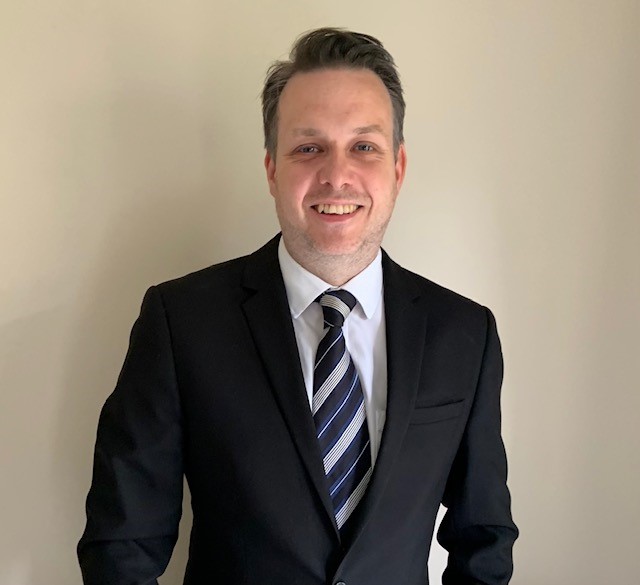Last month we welcomed five new members to the Convention bringing a range of skills and experience to meet key challenges ahead. Today we hear from Chris Westcott, Europe & Asia within the Health Sector for Johnson Matthey in the first of our New Members Blog series.
The Fair Work vision states that ‘by 2025, people in Scotland will have a world-leading working life where fair work drives success, wellbeing and prosperity for individuals, businesses, organisations and society’. I believe in that vision and I believe that the sector I represent and the employees that operate within it will benefit from seeing that vision realised. This belief is based upon the tangible benefits I have seen from the Fair Work principles of Effective voice, Opportunity, Security, Fulfilment and Respect being brought to life within the workplace.

The principle of ‘Effective Voice’ is one that I have advocated throughout my career. Providing an environment where employees, either individually or collectively, have mechanisms for routinely and constructively talking with their organisation brings meaningful benefits both for those employees and for the organisation. These organisational benefits are based on the tacit knowledge that sits within the workforce. Any business that values innovation, is looking to improve productivity or that needs to undertake significant change or transformation should recognise that this in-depth employee knowledge will be integral to the success or otherwise of the required initiatives. Multiple times in my career I have been charged with the responsibility of driving change into an organisation, without exception I can say that the success of that change has been built on utilising Employee Voice mechanisms to secure employee support, to understand employee opinion on the potential barriers and blockers to its implementation and most importantly to understand from them how those barriers can best be overcome to ensure the long term success of the required change. Often, as would be expected, the Trade Union have been the channel through which the employee voice has been heard, but not in every case and it is important that employers think creatively on how to provide a voice to all employees.
Similarly, I have seen first-hand how employees that are provided with tangible opportunities for advancement and progression and with fulfilling work are better engaged, more productive and more innovative in how they approach their day to day activities. Organisations should not, in my opinion, view the provision of progression opportunities or fulfilling work as a ‘nice to have’ but as a fundamental enabler to improving business performance. The route to embedding these principles into the workplace is not always obvious to an employer and this is where the opportunity to utilise Employee Voice mechanisms again become relevant and emphasises how interconnected each of the Fair Work Principles are in reality.
The journey towards an economy that is underpinned by Fair Work will not happen unless employers across all sectors, and not least the private sector, are on board and bought into the benefits that Fair Work can bring for them and for their employees. The case for Fair Work needs to be compelling and whilst to some that may be seen as a given for others there is still work to be done. Given that fact and given that my career to date has been exclusively in the private sector one of the immediate opportunities of joining the Fair Work Convention was to bring that perspective, something I was delighted to be asked to do. When combined with the academic expertise and Trade Union representation on the convention I feel there is an exciting blend of perspectives to discuss and influence what is an important topic at an important time. The Covid pandemic has changed the way we work, possibly forever. However, unlike most significant cultural change this has not been gradual or considered, it has been sudden and unexpected and while organisations around the world have adapted commendably to this change, they were unprepared, and the long-term ramifications are far from being understood.
There is a sense of adaptation fatigue, for eighteen months employers have been innovating, changing conventional working arrangements, patterns and approaches in ways that in many cases would never have been even considered previously. Against that backdrop it would be understandable for businesses to view the Fair Work vision as something for another day, an additional challenge at time when they already have enough challenges to be dealing with. I believe that by joining the Convention I can provide my insights into how we ensure employers from across different sectors view the Fair Work vision and framework as an opportunity at a time where new opportunities are very much required.
